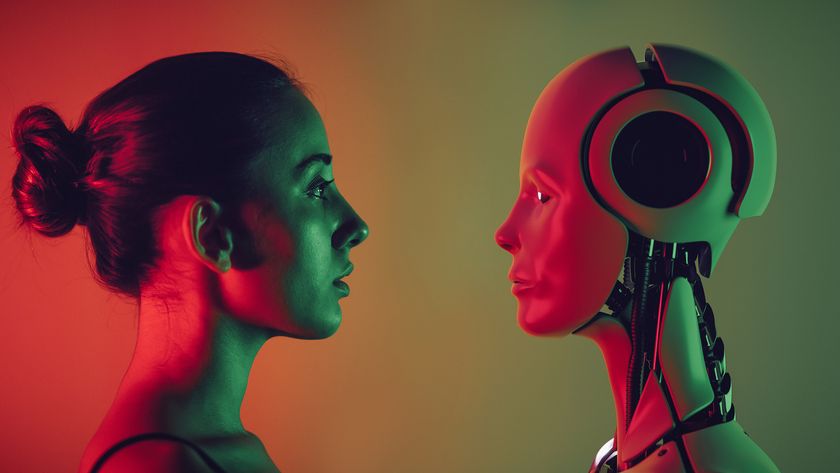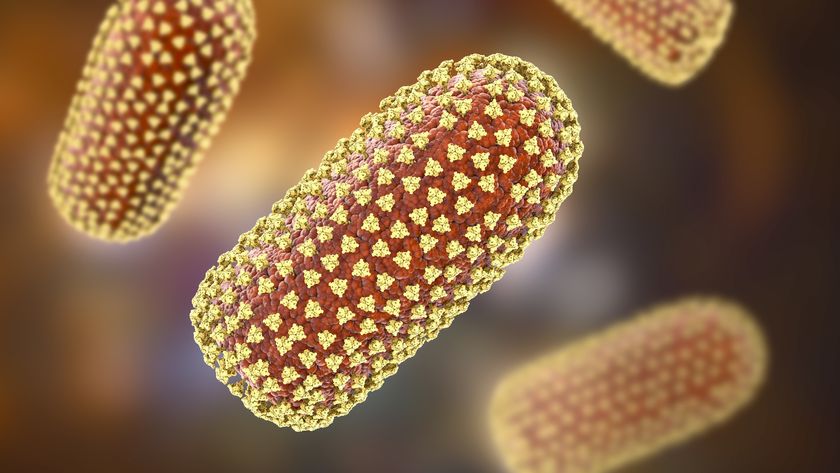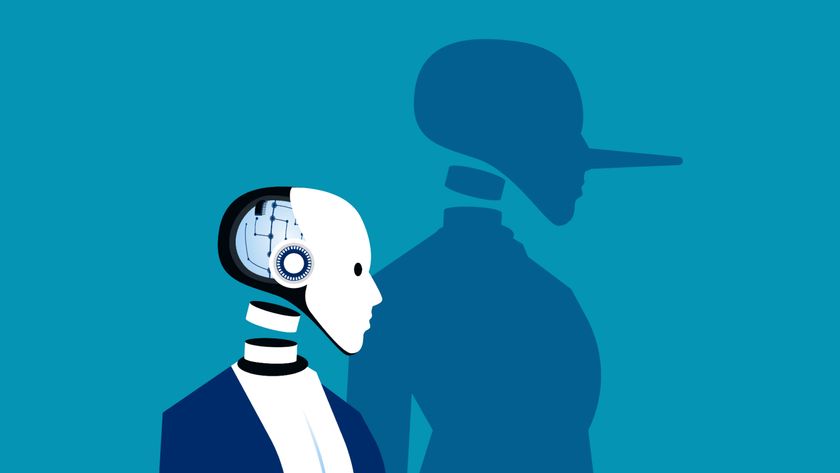Motion Sickness in Virtual Worlds

This ScienceLives article was provided to LiveScience in partnership with the National Science Foundation.
If the idea of spinning carnival rides, reading in a car, or sitting through a 3-D movie makes you sick to your stomach, then Frederick Bonato is your new best friend. Bonato, an experimental psychologist at Saint Peter's College in Jersey City, N.J., studies all forms of motion sickness including cybersickness – a phenomenon that occurs in virtual reality environments such as those displayed by 3-D movies. Bonato knows first-hand the pain you suffer and is dedicated to solving this problem so you can travel, read, and enjoy Avatar more comfortably. You can check out the Science Nation episode, Cybersickness: A Virtual Bummer which features him and his work, and below, Bonato answers ScienceLives's questions ... but be warned that reading them while in a moving car may cause motion sickness.
Name: Frederick Bonato Age: 48 Institution: Saint Peter’s College Field of Study: Motion sickness
What inspired you to choose this field of study? I have always wondered why people get sick when moving in vehicles, but only really experienced it myself about 12 years ago when I took a train ride from Washington, D.C. to Newark, NJ. I worked on my laptop and felt quite ill for most of the ride. That got me thinking – and the fact that motion sickness is so ubiquitous and comes in some many different forms. Trying to find out what causes motion sickness, and then, finding ways to control it, is a fascinating problem.
What is the best piece of advice you ever received? To be careful who you take advice from. In other words, sometimes . . . you have to trust yourself.
What was your first scientific experiment as a child? One day when I was ten I found that a fish had jumped out of its tank in my room and it was on the floor quite dry and stiff—apparently dead. Placing it in the tank just yielded a floating fish. I picked up the fish and touched its side with a 9-volt battery—a makeshift defibrillator. It jerked in my hand. I placed it back in the water, and it promptly started to swim and lived for quite a while after that. It made me think that science was some pretty powerful stuff.
What is your favorite thing about being a researcher? There are a lot of things. Recently I became editor-in-chief of Aviation, Space and Environmental Medicine, the Aerospace Medical Association’s official journal. This keeps me close to the cutting edge of what’s happening in my field and related fields. The job also allows me to interact with scientists from around the world on a daily basis. So far, it’s been an amazing experience and it will no doubt have a major impact on my research.
Sign up for the Live Science daily newsletter now
Get the world’s most fascinating discoveries delivered straight to your inbox.
What is the most important characteristic a researcher must demonstrate in order to be an effective researcher? Although discipline and clear organized thinking are critical, curiosity is the most important characteristic. If you don’t have that, I think it’s very difficult and maybe even impossible to make it as a scientist.
What are the societal benefits of your research? Motion sickness affects many travelers both human and animal. Variations affect those who use virtual environments or who fly in space. Reducing or eliminating ill effects would make life more comfortable and even safer in some settings.
Who has had the most influence on your thinking as a researcher? Alan Gilchrist, my graduate advisor has influenced me the most. I learned more having lunch with this guy than I could from any book or paper – not facts and theories necessarily, but how to think about and approach a problem, like a detective. He also reinforced the idea that a scientific career can be a heck of lot of fun.
What about your field or being a researcher do you think would surprise people the most? How many of us started off doing something else. I have no “formal” training in motion sickness research and I am not alone in my field. We come from diverse scientific backgrounds.
If you could only rescue one thing from your burning office or lab, what would it be? My thumb drive. There’s a lot of stuff packed into that tiny little stick.
What music do you play most often in your lab or car? When working on research in the office I play classical music – Baroque mostly. In my car I almost always play hard rock/heavy metal.
Editor's Note: This research was supported by the National Science Foundation (NSF), the federal agency charged with funding basic research and education across all fields of science and engineering. Any opinions, findings, and conclusions or recommendations expressed in this material are those of the author and do not necessarily reflect the views of the National Science Foundation. See the ScienceLives archive.












